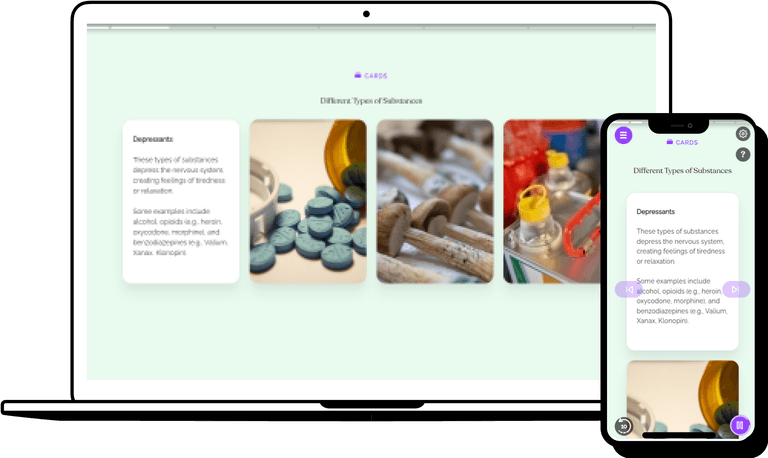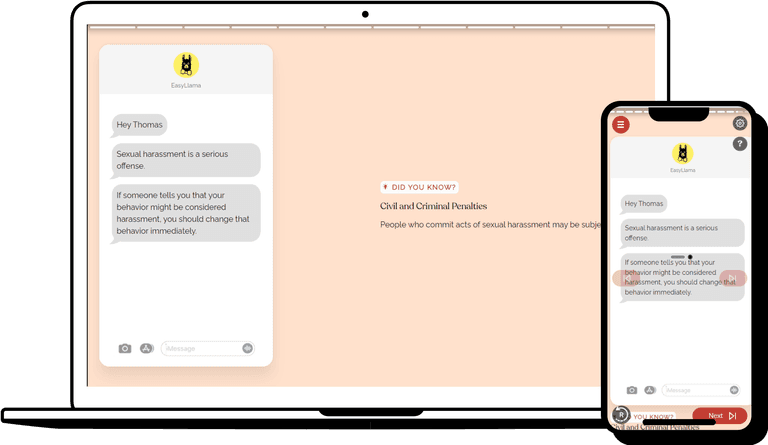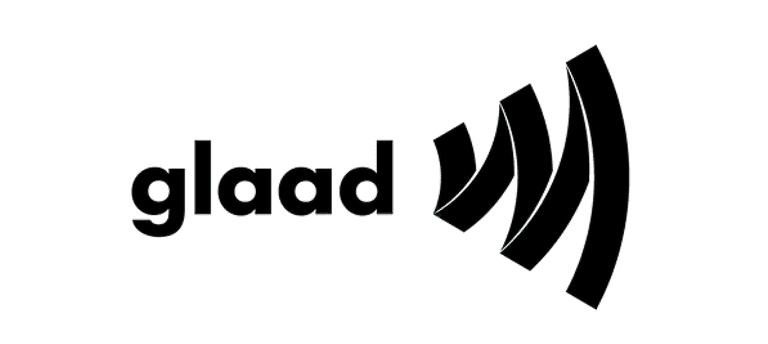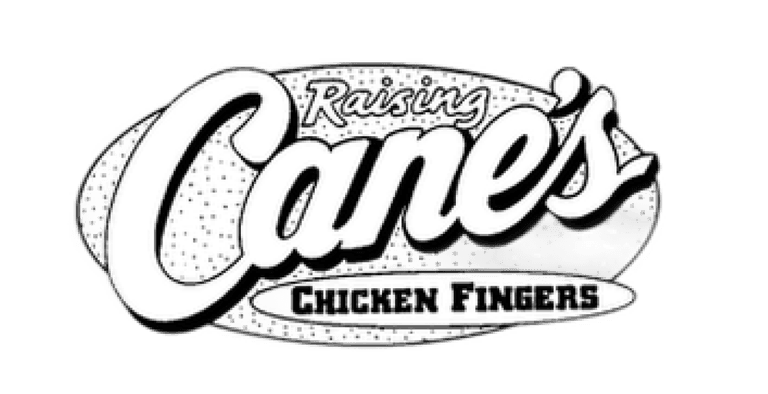Microaggressions Training
In this training, we will explore common types of microaggressions and some of the themes they often address. We will learn about the impact microaggressions have in the workplace, discuss how to address microaggressions and intervene when we notice them happening, and what to do if we are told we have committed a microaggression.

Microaggressions are Common in the Workplace and Beyond
Slights, snubs, or insults that commonly target oppressed or marginalized groups are known as microaggressions. They may be verbal, nonverbal, or environmental. Unfortunately, microaggressions are all too common and can be seen in both our personal and professional lives. Everyone has committed microaggressions at some point in their lives, and oftentimes, they have done so without even knowing.

Microaggressions are harmful and can cause both short and long-term psychological effects on individuals, including stress, PTSD, burnout, and more. With effective workplace training, you can avoid these issues.
Microaggressions can cause burnout because they are a constant reminder of one's marginalized identity and can be very taxing mentally, physically, and emotionally. Over time, the subtle yet constant reminders of discrimination and prejudice can take a toll on someone's mental and emotional health and lead to burnout.
Microaggressions can cause PTSD by creating an environment of fear, insecurity, and stress that can lead to long-term psychological trauma. Microaggressions can also lead to a feeling of powerlessness, which can be a trigger for PTSD. Additionally, the repeated stress of experiencing or witnessing microaggressions can lead to the development of PTSD symptoms such as intrusive thoughts, flashbacks, nightmares, or avoidance of certain situations.
Microaggressions can cause stress in a variety of ways. They can create feelings of hostility, belittlement, and invalidation. They can create an atmosphere of tension and mistrust, making it difficult to feel safe or secure in the workplace. People may also feel frustrated or angry when they experience microaggressions, which can add to the stress of the situation. Microaggressions can also take a toll on mental health and lead to increased anxiety, depression, and even physical pain.
Microaggression Training Goals
By the end of this training, employees will be able to:
Here are some myths to look out for:
- -
Identify types of microaggressions
- -
Describe themes microaggressions address
- -
Detail the impact microaggressions have in the workplace
- -
Recognize how to address microaggressions
- -
Discuss how to address and intervene when observing microaggressions
- -
Explain what to do if one has committed a microaggression

Promote a safe work environment with Microaggressions Training
EasyLlama's Microaggressions training can help to promote a safe work environment by educating employees on how to recognize and address microaggressions in the workplace. Training includes teaching employees to identify the types of microaggressions, the impact of microaggressions on individuals and the organization, and strategies to respond to microaggressions in a way that is respectful and productive. EasyLlama training helps to create a culture of inclusion and understanding, which can ultimately lead to a more supportive work environment.

Helping over 8,000 organizations create a safer, more productive workplace
Terms such as prejudice, unconscious bias, microassault, microinsult, and microinvalidation are thoroughly explored to facilitate employee understanding, therefore guiding learners to meet your organization's DEI objectives.





















